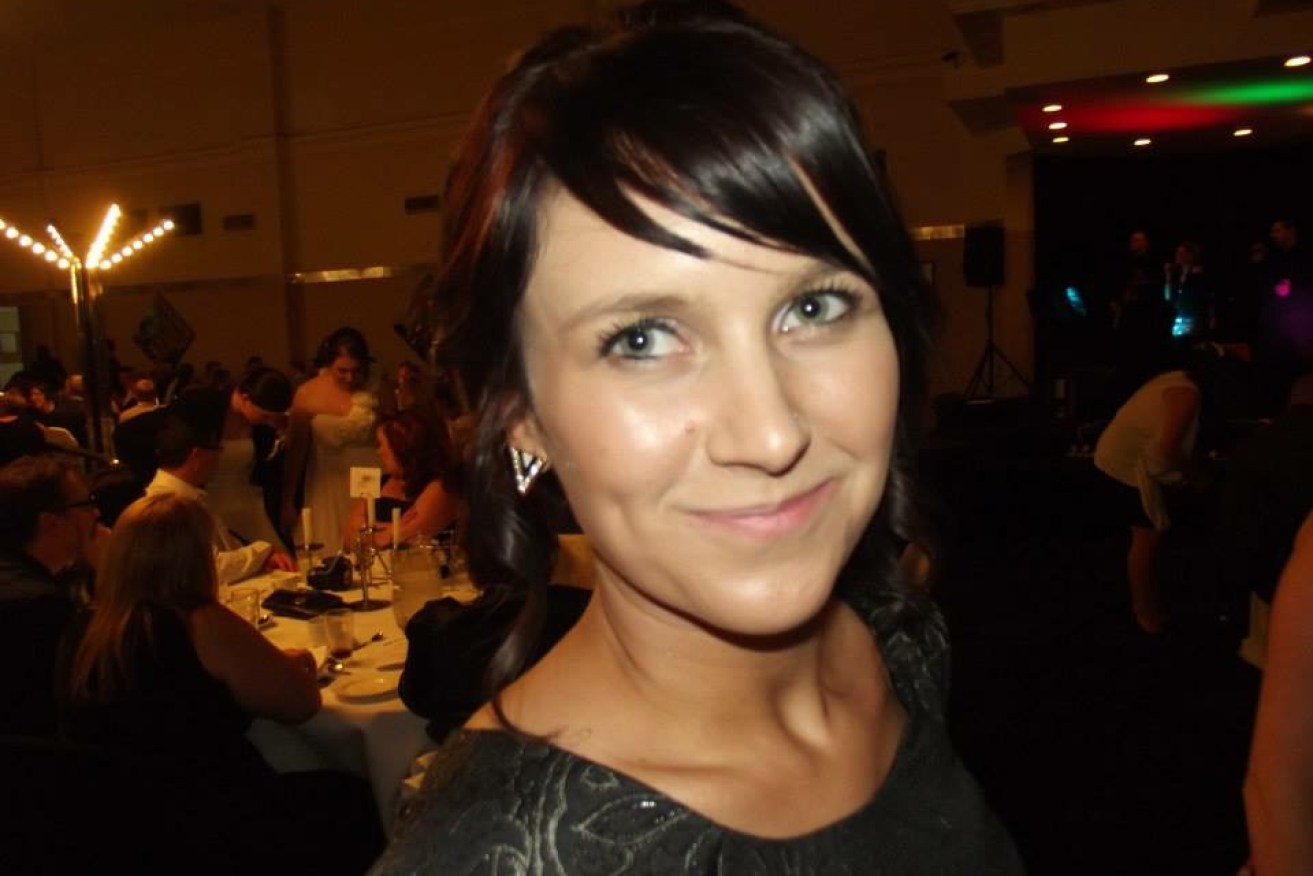Father tells: ‘Why I’m sick of hearing ‘not all men’ when another woman is murdered’

Katie Haley was one of three Australian women murdered by their former or current partners in 2018. Photo: Supplied
Just over three years ago, my daughter Katie was murdered by her partner. Why? Because she decided she was leaving him.
I never saw it coming. Nobody else saw it coming, and I am certain that Katie didn’t judging by the brutal, swift and unprovoked attack.
Since my daughter was murdered, I have had to learn a lot about coercive control and domestic violence.
Alongside the staggering statistics and facts, the biggest observation I have made is how defensive men are to suggestions that domestic abuse is a gender issue – that men can be violent and are more likely to be perpetrators of domestic abuse.
Every time another female life is taken there are many posts of support, sadness and calls for change. These are predominantly by females. But then there are the “not all men” comments.

Katie Haley was 29 and a mother of two when she was killed by her partner, who is serving 24 years in jail for her murder. Photo: Supplied
The “not all men are violent” comments. Or “not all men kill”, which is often accompanied by statements like “women kill too”.
These comments are not helpful or needed. This is not a competition. It is not an us against them, men vs women argument. It is a case of right and wrong.
It is a needed conversation on how to deal with an unacceptable epidemic that affects so many women. An epidemic that has been allowed to go on behind closed doors for far too long.
Nobody is saying all men kill or are violent, or that women can’t be perpetrators. Violence and coercive control is unacceptable regardless of the victim or perpetrator’s sex. What is being said is that 75 per cent of domestic abuse victims report the perpetrator as male, and in order for us to address this fact, men need to be a part of the solution. Why?
Because not all men are standing up against violence against women and calling it out.
Not all men see there is an urgent need for change and not all men understand the fear that women live with.
To put it another way, not many men die this way, whereas many daughters, mothers and wives do. In fact, intimate partner violence is a leading contributor to death in women aged 18 to 44 years old.
The one who is meant to love you and keep you safe is the one most likely to harm or kill you.
Not all men are part of the problem, but they can be part of the solution. This problem is so prevalent that many people you know or meet will be victims of coercive control and/or domestic abuse and you wouldn’t necessarily know it.

Katie’s sister Bianca and dad Boyd. Photo: Jackson Finter
They have learnt to hide it so well because they are terrified for their safety, and they are terrified of the consequences if people found out about the abuse.
Perpetrators hide in plain sight. You work with them, you play sport with them or you pass them in the street.
They can live next door or down the street. They could be anywhere. It doesn’t matter where they live, whether they are rich or poor, what nationality they are or what their occupation, they can be anyone – anywhere.
How would you feel if it was your daughter or sister murdered? I am proof that it can happen to anyone. I am just an everyday father and husband who loves his family.
I didn’t know the signs of coercive control or what they could lead to. I have always treated women with respect and I have taught my children the same, but we must do more.
Support those in need, call out bad behaviour, speak openly with your children and family about how they should be treated and how to treat others.
Teach them the dangers and the warning signs.
Don’t enable the perpetrators by staying silent, it could be someone you love that is in the news for all the wrong reasons. Think about it and help make change.
All men can make a difference.
Boyd Unwin shares the story of his daughter Katie on a new series about domestic violence, See What You Made Me Do, on SBS on Wednesday nights and at SBS On Demand
For family violence support: Call 1800RESPECT on 1800 737 732 | 1800respect.org.au
For crisis support: Lifeline 13 11 14 | lifeline.org.au
Kids Helpline: 1800 55 1800 | kidshelpline.com.au
MensLine Australia: 1300 78 99 78 | mensline.org.au
Men’s Referral Service: 1300 766 491 | ntv.org.au
In an emergency call 000








